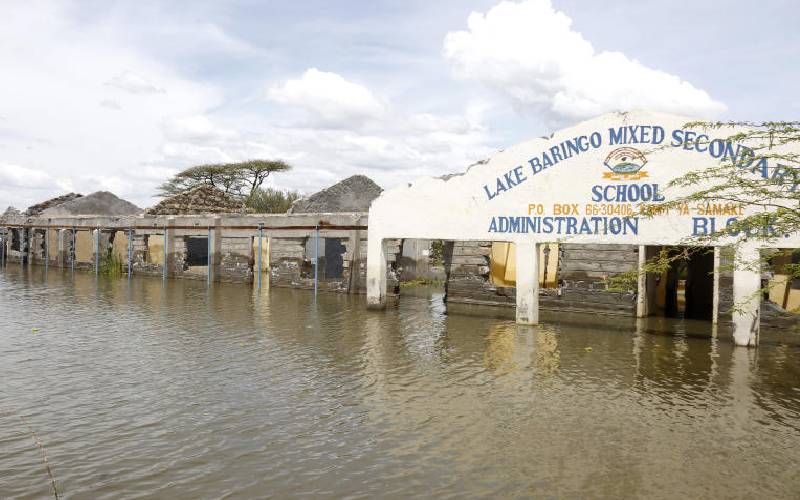×
The Standard e-Paper
Home To Bold Columnists

Over the last 100 years, climate change has been a global issue. Rising temperatures, rising sea levels, coastal erosion and extreme weather events like floods, landslides and severe droughts are some of the manifestations of climate change.